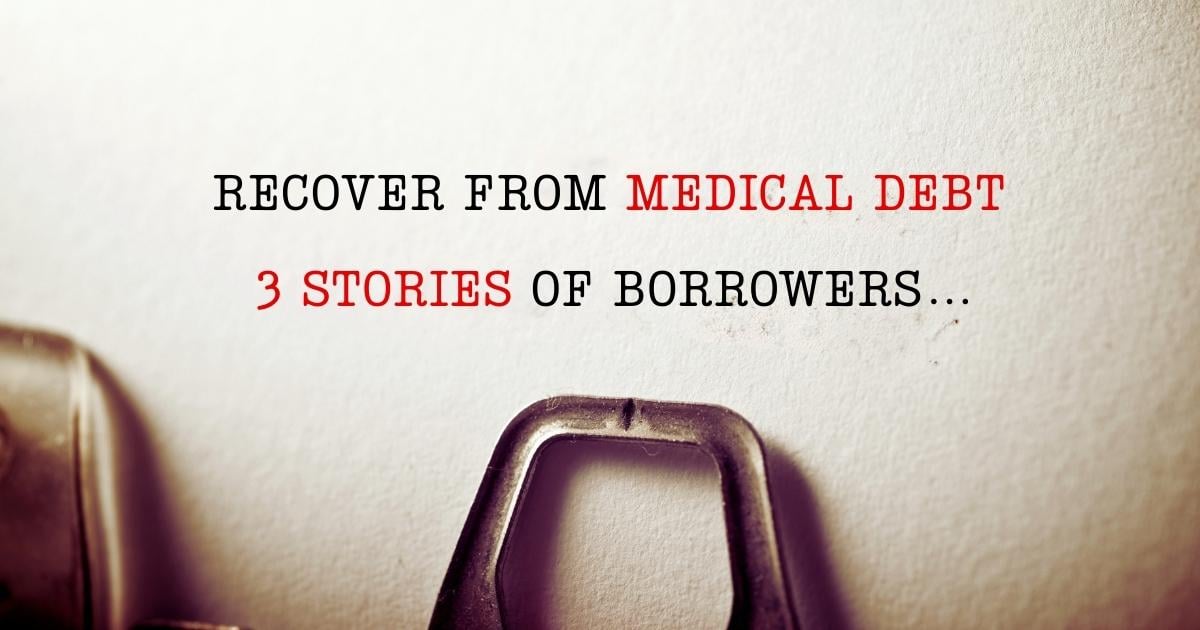· Loan Settlement · 4 min read
Which Loan Should You Take in India? Secured vs Unsecured Loans
Expert panel explains secured vs unsecured loans in India, highlighting benefits, risks, eligibility, and repayment. Know which loan suits your financial goals without risking a debt trap

Taking loans is a familiar means to fulfil a big expenditure in India, be it for the purchase of a house, initiation of higher education, setting up a store, or even medical emergencies. However, before taking a loan, it is good to know the difference between secured and unsecured loans, because each loan has its own advantages, risks, and applicability according to your financial circumstances.
1. What are Secured Loans?
A secured loan is backed by collateral (an asset), which you promise to the lender as a guarantee for repayment.
Examples of collateral:
Real estate (house, land)
Gold
Fixed deposits (FDs)
Vehicles
Other material resources
If you default in repayment, the lender is authorised by law to repossess and sell the security to claim their debt.
Examples of secured loans in India:
Mortgages (security is the property)
Vehicle-secured car loans
Gold loans (collateral in the form of gold ornaments)
Loan against an FD or an insurance policy
2. Advantages of Secured Loans
Reduced Interest Rates: Due to lower risk for the lender, interest rates tend to be lower than unsecured loans.
Increased Loan Predictions: You can borrow more based on the size of your collateral.
Greater Tenure: Can run between 5–30 years in specific instances (e.g., home loans).
Higher Approval Odds: Collateral can improve your approval chances despite an average credit rating.
3. Disadvantages of Secured Loans
Risk of Losing Assets: If you default, the lender can seize your property, gold, or other promised assets.
Longer Processing Time: Document verification, valuation of assets, and legal checks can delay disbursement.
Additional Costs: Legal, valuation, and processing fees may increase the overall loan cost.
4. What are Unsecured Loans?
Unsecured loans do not require collateral. Loan approval is based purely on:
Your creditworthiness (CIBIL score in India)
Your income and repayment ability
Your job security
Examples of unsecured loans in India:
Personal loans
Credit cards
Student-support loans (based on limited guarantees)
Consumer durable loans (small-ticket segment)
5. Advantages of Unsecured Loans
No Asset Risk: Assets or valuables are not at risk of being seized (though lenders may still seek action through the courts).
Quicker Processing: Minimal documentation; money can be disbursed within 24 hours.
Flexible Use: Can be utilised for any personal or business purpose.
6. Disadvantages of Unsecured Loans
Higher Interest Rates: Due to higher lender risk, interest rates are higher (personal loans in India range from 10–30% annually).
Smaller Loan Value: Loan amount is usually lower compared to secured loans.
Demanding Eligibility Rules: A weak credit score or unstable income can lead to rejection.
7. Which Loan is Better to Choose?
Opt for Secured Loans when:
You want a long-term deal.
You can provide security.
You prefer lower interest rates and longer repayment periods.
Opt for Unsecured Loans when:
You need money on short notice.
You do not have assets to mortgage.
You are comfortable paying higher EMIs.
8. Final Thoughts
Financial planning in India makes room for both secured and unsecured loans. The decision should rely on:
Your urgency for money
Availability of collateral
Your repayment ability
Your risk tolerance
Depending on your assets and loan expectations:
Secured loans (like home loans or gold loans) are suitable for long-term needs.
Unsecured loans (like personal loans or credit cards) are suitable for urgent short-term needs.
Either way, it is best to always read the terms and conditions, compare offers from different lenders, and ensure that you borrow within your repayment capacity. This way, you can fulfil your financial objectives without falling into a debt trap.
Also Read: instant-loan-app-scam-hidden-charges/
FAQs
1. What is a secured loan?
A secured loan is backed by collateral like property, gold, or deposits, which the lender can seize if you default.
2. What is an unsecured loan?
An unsecured loan requires no collateral and is approved based on your credit score, income, and repayment ability.
3. What are the main advantages of secured loans?
They usually offer lower interest rates, higher amounts, and longer repayment tenures.
4. What are the risks of unsecured loans?
They come with higher interest rates, smaller amounts, and stricter eligibility criteria.
5. Which loan should I choose — secured or unsecured?
Choose secured loans for long-term, large funding with assets; opt for unsecured loans for quick, short-term needs without collateral.

.BoxEb7Il.jpg)

_1_.CAXUy2W6.jpg)